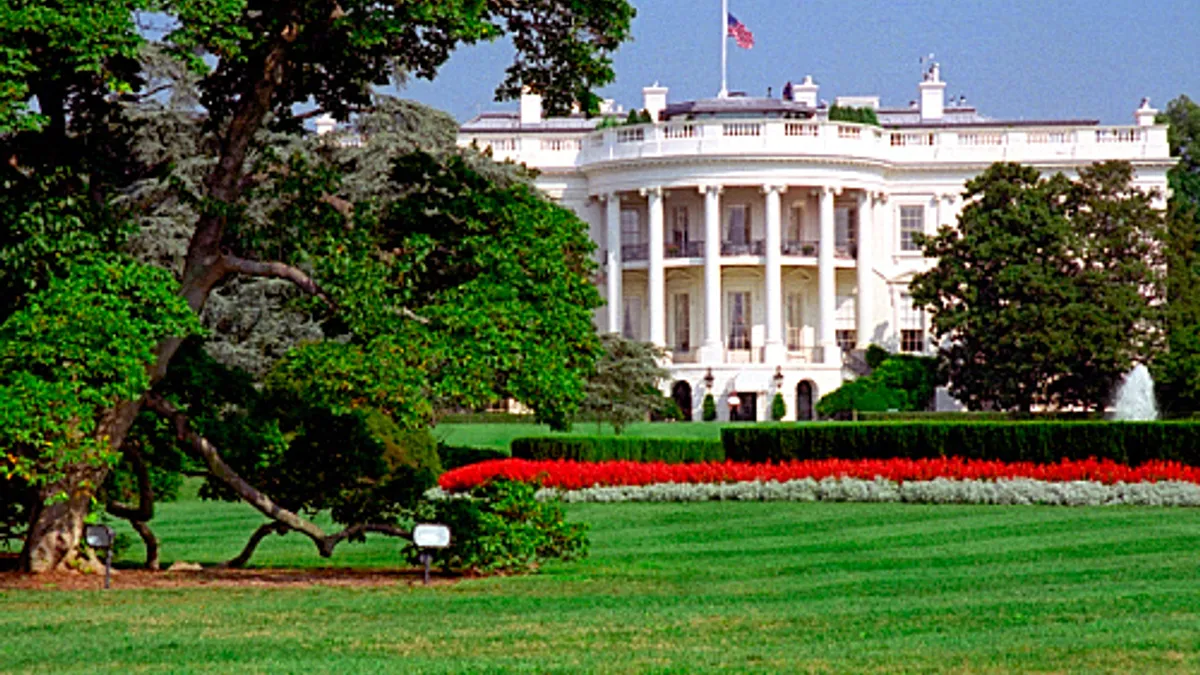Dive Brief:
-
Washington policymakers expressed worry about the United States' ability to continue to lead in artificial intelligence technology at a Senate Commerce, Science and Transportation subcommittee hearing Wednesday, The Hill reports.
-
Sen. Ted Cruz, R-TX, said, "ceding leadership in developing artificial intelligence to China, Russia and other foreign governments will not only place the United States at a technological disadvantage, but it could also have implications for national security."
-
Both policymakers and AI experts agreed that a lack of tech talent would be one of the leading reasons why the rest of the world could overtake the U.S. when it comes to AI technology. "We’re so short of experts here. Frankly, I look at some of the other major players, and China and India are pumping out major scientists that can do good work here," Andrew Moore, dean of the School of Computer Science at Carnegie Mellon University, said during the hearing.
Dive Insight:
A lack of tech talent across the U.S. is a big part of the problem. The labor market for talented tech personnel is growing increasingly competitive. There are only an estimated 50,000 computer science grads each year, with demand far outpacing supply.
Though many see AI as critical to future government, there are widespread concerns that a lack of talent will see the U.S. falling behind. But many are working to ensure that the talent pipeline builds up so the U.S. can realize its AI potential. In October, the White House released a report about what the administration views as the future of AI.
"The Administration believes that it is critical that industry, civil society and government work together to develop the positive aspects of the technology, manage its risks and challenges, and ensure that everyone has the opportunity to help in building an AI-enhanced society and to participate in its benefits," according to a White House announcement.











